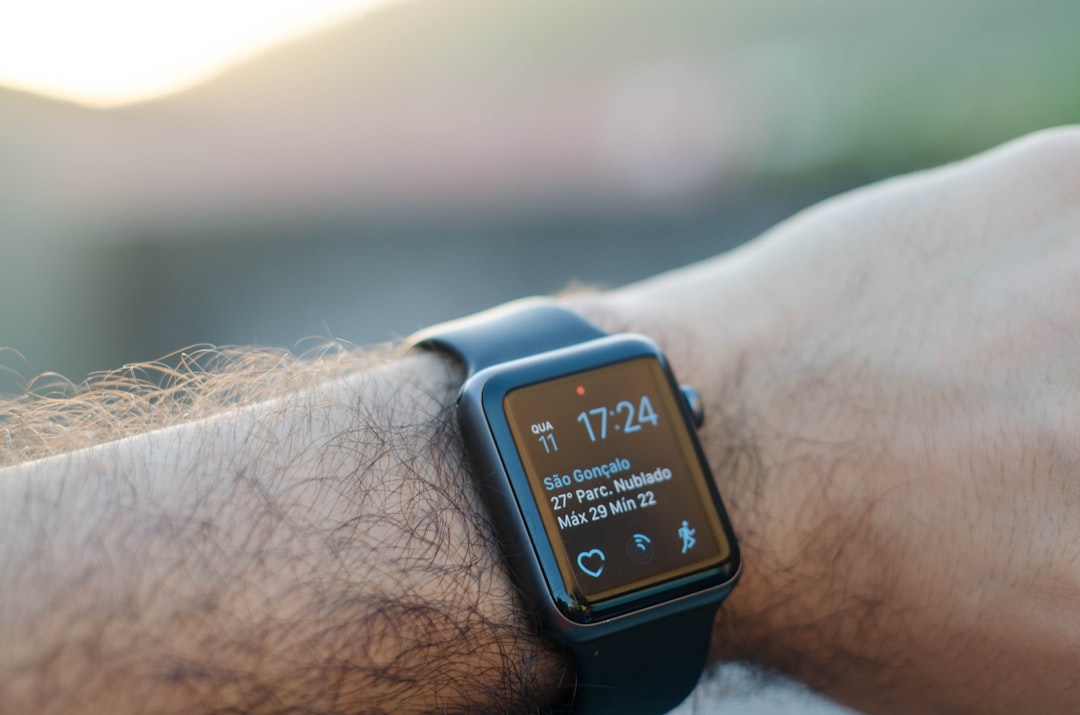What is it about?
Low-carbohydrate-high-fat diet, aka ketogenic diet or Atkins diet, has drawn plenty of followers in the past decades. This review article examined whether this diet can improve various types of exercise performance, based on previous study results. Although most sport dietitians would discourage this type of diet for athletes or people who are physically active, it may improve performance in ultra-endurance events such as marathon, triathlon, and ironman.
Featured Image
Why is it important?
Long-term low-carbohydrate-high-fat diets are more effective than, or at least as effective as, traditional high-carbohydrate-low-fat diets in reducing body weight and fat mass, while maintaining muscles. This can be crucial in weight-classified sports such as wrestling, judo, taekwondo, and weightlifting. Long-term low-carbohydrate-high-fat diets also induce higher fat oxidation rate during exercise, while preserving muscle glycogen. These effects can help performance in ultra-endurance sport such as marathon, triathlon, and Ironman. The effect of long-term low-carbohydrate-high-fat diets on high-intensity exercise, such as gymnastics, basketball, volleyball, is not clear. However, by reducing body fat and preserving muscles, such diets may help muscle strength on the basis of per kg of body weight. It is noteworthy that it requires at least several months of consuming low-carbohydrate-high-fat diets to see such benefits.
Perspectives
Several studies and review articles have shown that low-carbohydrate-high-fat diets do not lead to higher cardiovascular risks, if total calorie consumption is reasonable. This is not to say that people should indulge in junk foods. The followers of these diets should carefully select healthy/unsaturated fats, such as salmon, olive oil, and nuts while limiting unhealthy/saturated fats such as deep fried foods and animal fats.
Dr Chen-Kang Chang
National Taiwan University of Sport
Read the Original
This page is a summary of: Low-Carbohydrate-High-Fat Diet: Can it Help Exercise Performance?, Journal of Human Kinetics, January 2017, De Gruyter,
DOI: 10.1515/hukin-2017-0025.
You can read the full text:
Contributors
The following have contributed to this page










